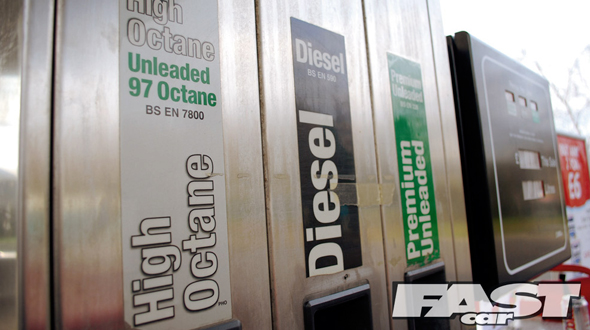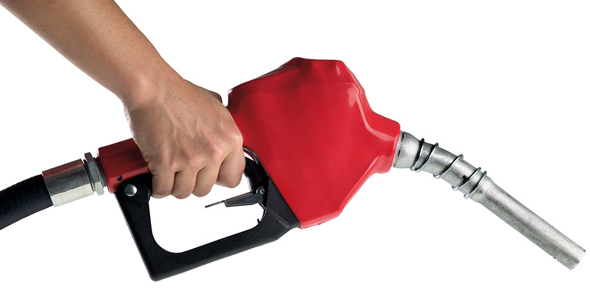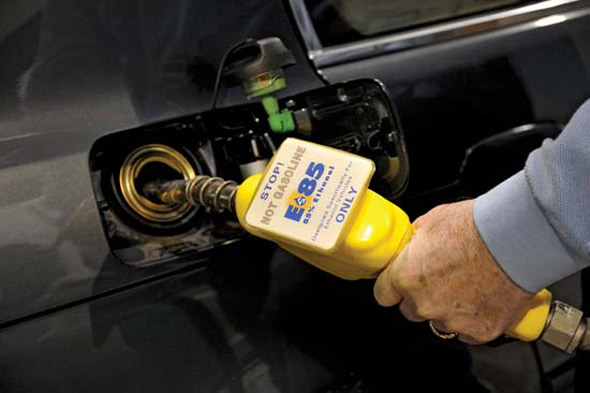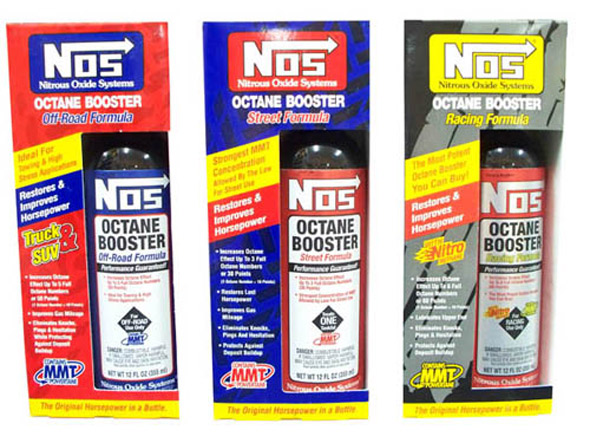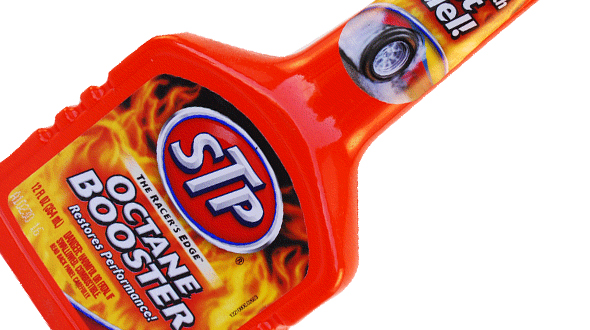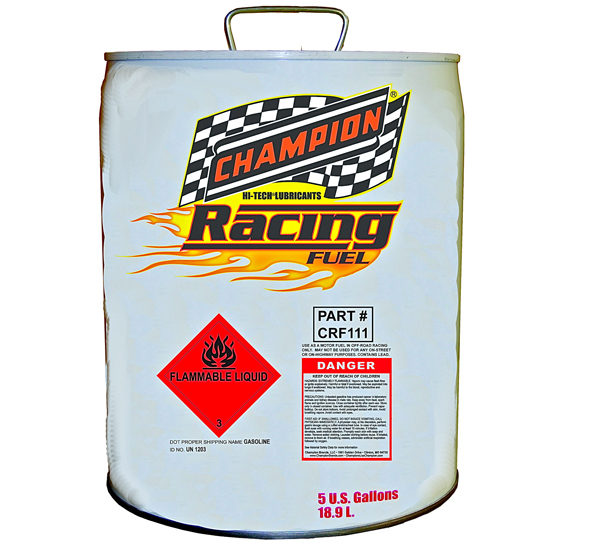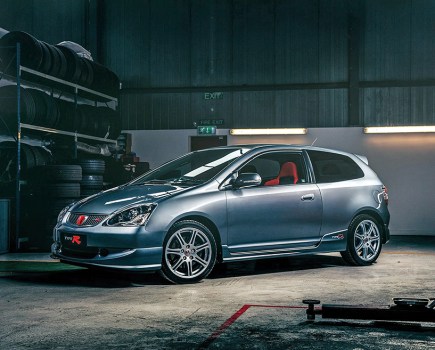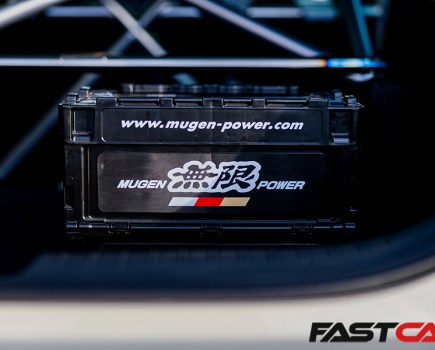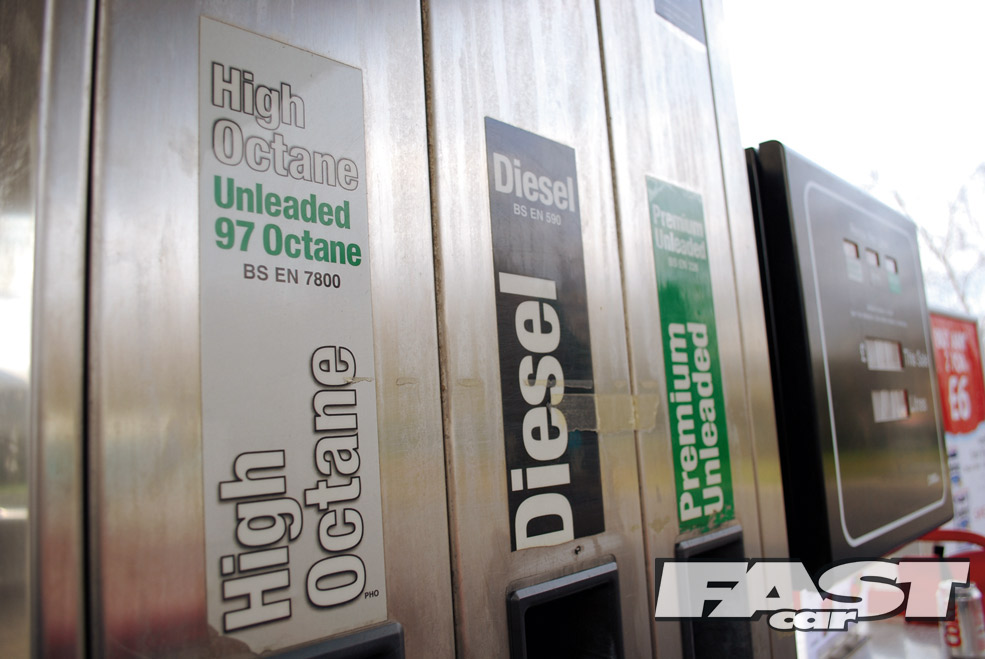
Fuel is fuel, right? Well, not really. The truth is that different types of fuel have far more effect on your car’s performance than maybe you appreciate…
It often amazes us when we see high-performance car owners filling up on low-octane fuel at the petrol station. For a car that you’ve spent thousands on and is your pride and joy, it doesn’t make a lot of sense to feed it on the equivalent of Tesco Value sausage rolls. It’s easily likened to the human body – if you want performance, you need to feed your car on something nutritious. Does Usain Bolt live on take-aways? Of course not, so you start to get the picture.
Whilst we admit that fuel isn’t cheap these days, it’s worth looking at the quality of fuel you’re filling your car with and the potentially huge effect it’s having on your engine. Here we will investigate the different types of fuel available, what to look out for, and how they can drastically alter your car’s performance and reliability.
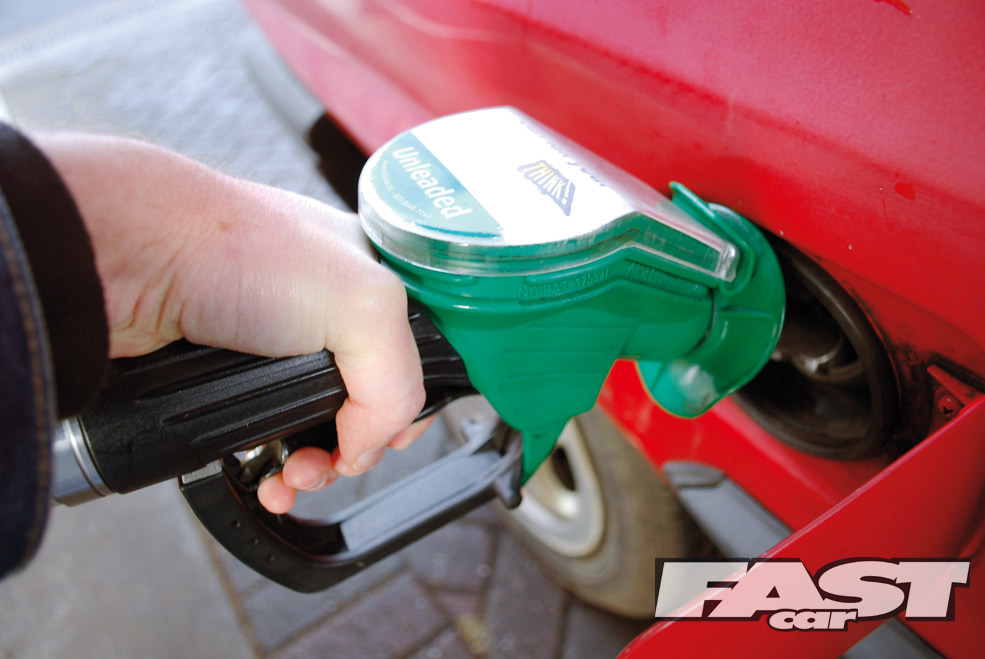
Let’s talk about petrol
This is the all-important one for most of us. The types of petrol that are widely available have a dramatic influence on the performance we can extract from our engines, and that’s largely down to the RON figure. This stands for Research Octane Number, which is a direct measure of the fuel’s performance in terms of its resistance to detonation. See further into the feature for a full explanation of this, but effectively the higher the RON value, the higher performing the fuel is and the more compression it can withstand. In terms of relating this to your right foot, a fuel with a higher octane rating equals more performance potential.
You may also hear of people talking about MON – this refers to Motor Octane Number, and is another way of testing a fuel’s octane rating but at a higher engine speed than the tests used to obtain RON figures. MON values are typically lower than RON, and RON is a much more commonly used benchmark for fuel performance.
At the forecourt you’re likely to find bog-standard 95RON petrol, which is the lowest quality of petrol available in the UK and is classed as ‘regular’ petrol. The truth is that the RON value varies depending whereabouts in the world you happen to live, with some countries having regular petrol as low as 88RON.
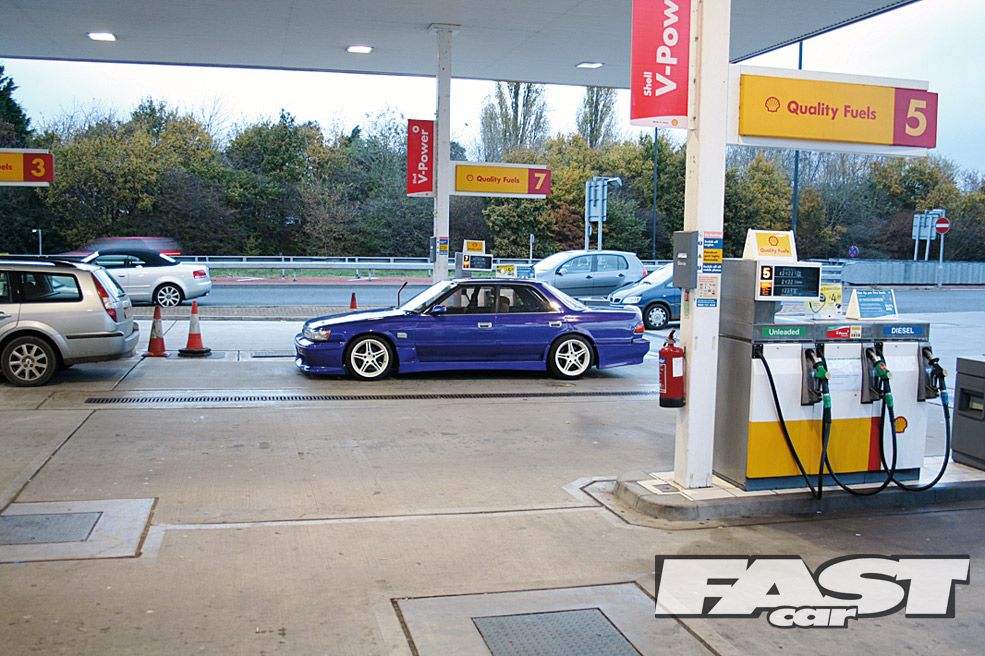
This can either be down to a lack of demand for quality fuels, or in some cases it can be due to elevation – the air is less dense at altitude, so particularly in the US States that are high above sea level, lower octane fuel is commonly supplied. However, most European countries supply a lower threshold of 95RON fuel, but if you travel further afield it’s worth keeping an eye out for the quality of fuel you’re putting in your car.
At the other end of the spectrum, higher performance fuels can also vary in terms of octane rating. 100RON is commonly the highest figure available at the pump anywhere in the world, although BP’s Ultimate 102RON fuel was previously available in the UK (priced at around £2.50/ltr) but has since been removed. Typically, super unleaded in the UK is rated at 97RON, with 99RON fuels being available in the form of Shell V-Power and Tesco 99.
Although these premium petrols are more expensive than their regular 95RON counterparts per litre, the common oversight is that because they provide a cleaner more efficient burn, the improved fuel consumption often offsets the extra cost at the pump. Of more interest though is the power that higher octane fuels can offer, and depending on your engine type, this figure can range from a small increase through to the power output of a small hatchback on top. Our advice – if you’re serious about performance, then seek out Shell and Tesco garages and fill your car up with some proper fuel.
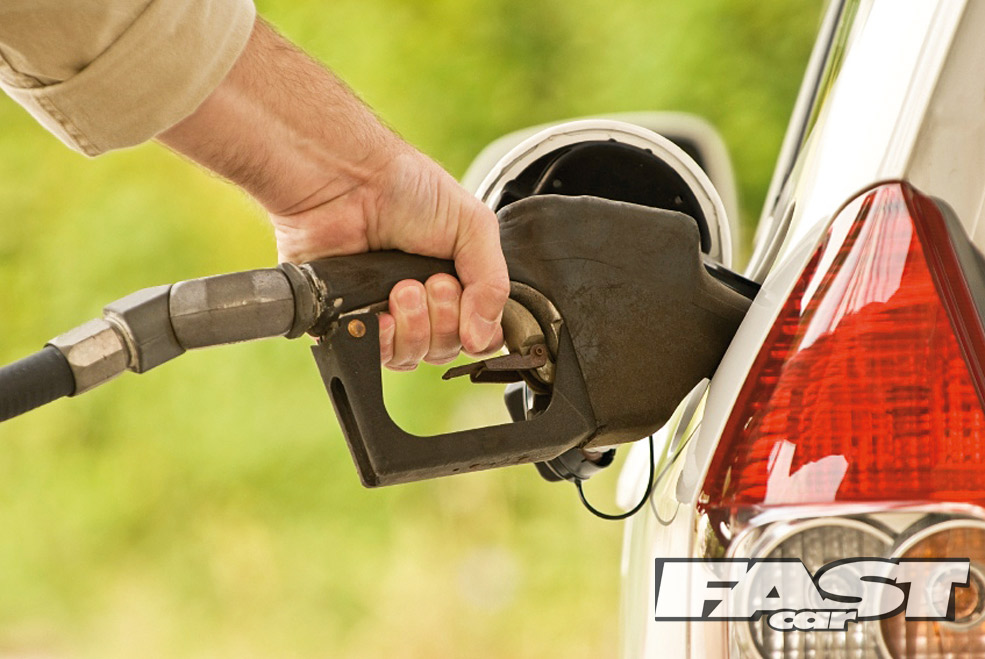
Let’s talk about diesel
There are more diesel cars sold in the UK than other fuel type, so it’s hardly surprising to see an increase in demand for performance diesel cars and diesel engine tuning. In turn, this has seen a knock-on effect of a wider range of diesel fuels being available to cater for the different levels of performance that owners are seeking.
Whereas petrol uses an octane number or RON, diesel fuels use a cetane number, or CN. Typically ranging from 40-60, the cetane number is a measurement of the combustion or ignition quality of the fuel, and relates to the timing delay until the fuel ignites in the combustion chamber. It’s not a direct link to the performance of the diesel, as too high a cetane number can have as adverse an effect as too low a cetane number.
Whilst that might sound slightly confusing, the important fact to remember is that higher performance diesel engines will generally run to higher rpms, so it’s important to use diesel with a high CN. However, it’s unlikely that a manufacturer will specify high cetane diesel as a requirement, unlike with petrol cars where it’s common, particularly on Japanese imports, to see a minimum octane rating inside the petrol cap.

Like petrol, there are various higher ‘performing’ diesel fuels available, such as Shell V-Power Diesel and BP Ultimate Diesel. However, the extra performance doesn’t necessarily result in extra horsepower, as commonly these fuels have additives that create a much cleaner burn and help keep diesel injectors lubricated, whilst also making for much better cold-start characteristics. In turn, they create less carbon residues than regular diesel, the latter of which can attribute to engine wear.
Our recommendation – if you own a performance diesel and are conscious about longevity and want to look after your engine, then fill up with high CN diesel, but don’t expect miracles in terms of extra performance unless your car is tuned to take advantage of it. Likewise, if you’ve got an older and slightly battered diesel engine, then a higher CN fuel could actually drastically improve running quality regardless.
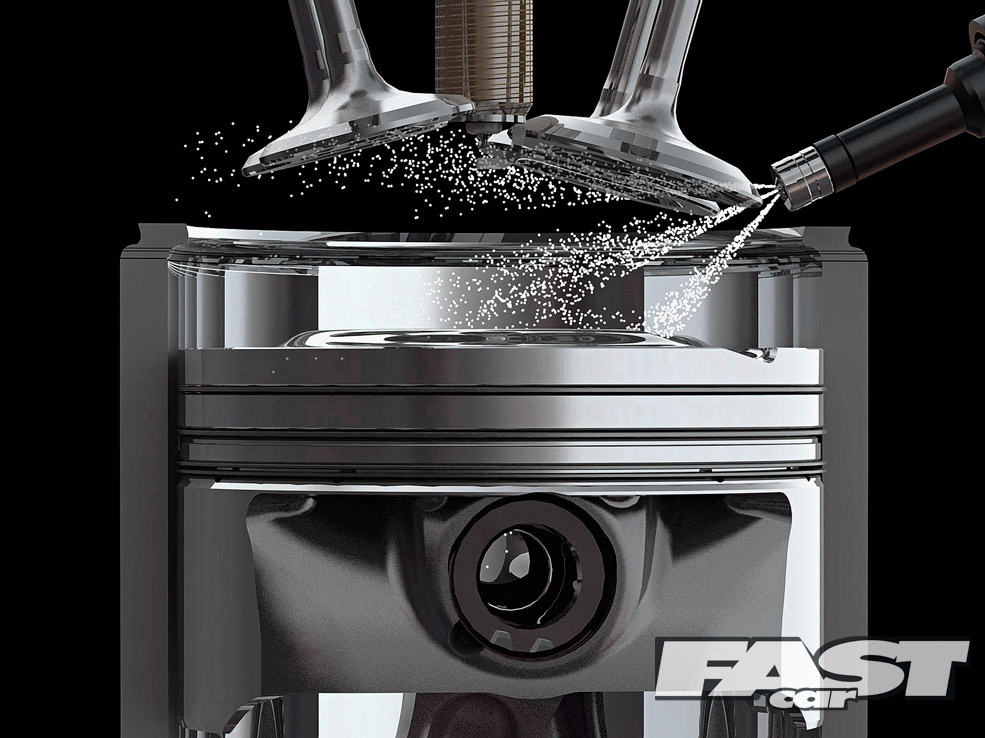
What is detonation?
Otherwise known as ‘pinking’ or ‘knocking’, detonation is a highly undesirable characteristic that has the potential to destroy an engine in seconds, and fuel quality has a very strong link with an engine’s resistance to detonation. In an ideal world, the fuel and air mixture are spread uniformly throughout the combustion chamber, before the spark plug ignites the mixture as the piston approaches top dead centre. For the expansion stroke, the goal is for the air/fuel mixture to burn completely once the spark plug has initiated the process, leaving no pockets of unburned fuel and producing an even flame front across the crown of the piston.
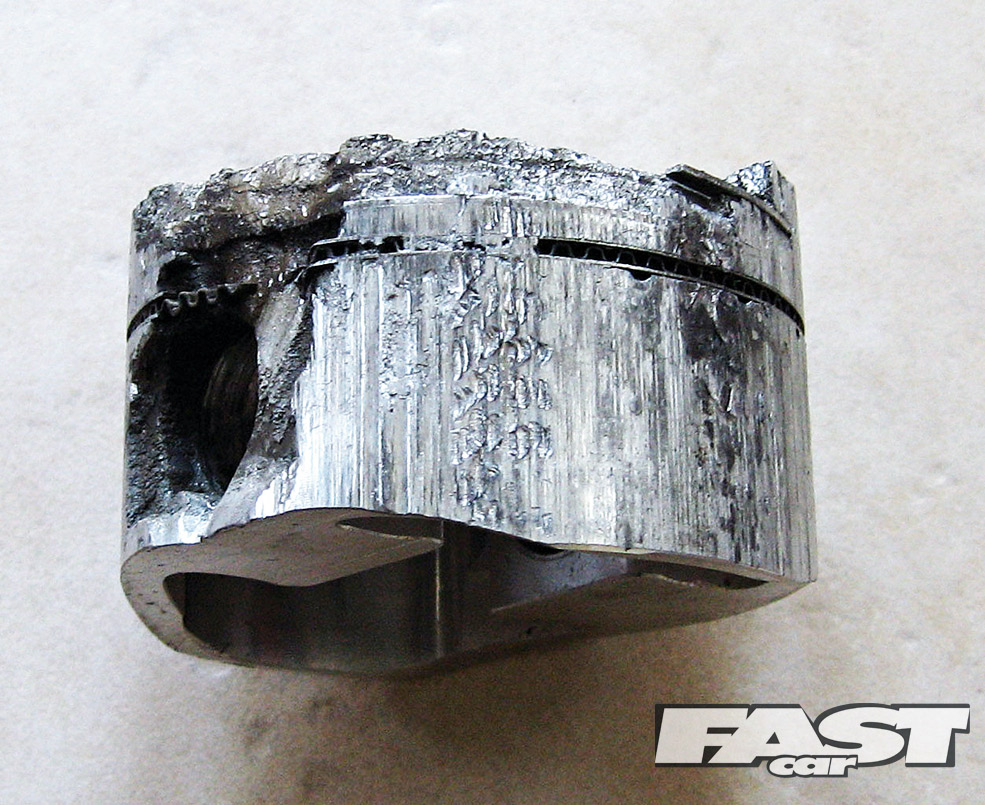
However, detonation is an occurrence that can occur after this process has started, and is usually caused by the excessive heat and pressure found in the combustion chamber. Small volumes of the mixture self-combust spontaneously, after the regular combustion has occurred via the spark plug – these create huge pressure spikes in the chamber, and maximum cylinder pressures can go through the roof when an engine dets, going higher than running even 100psi boost would give. These spikes can put holes in pistons if the detonation is severe enough, and is the main cause for blown head gaskets and melted pistons. The trick is to find maximum performance, but this is typically close to the threshold at which detonation occurs, so it’s a fine balancing act.
The octane or RON value we mention in this feature is a direct link to the fuel’s resistance to detonation, with the higher the number the more resistant it is. So it’s critical, particularly if you’re using a big-boost turbocharged application or a high-compression NA engine, to use high-quality fuel in order to reduce the likelihood of detonation killing your engine. Flipping that around – if you use a high-octane fuel, you can produce more power before you encounter detonation, meaning you don’t always have to run so close to the limit if you’re chasing a certain power figure.
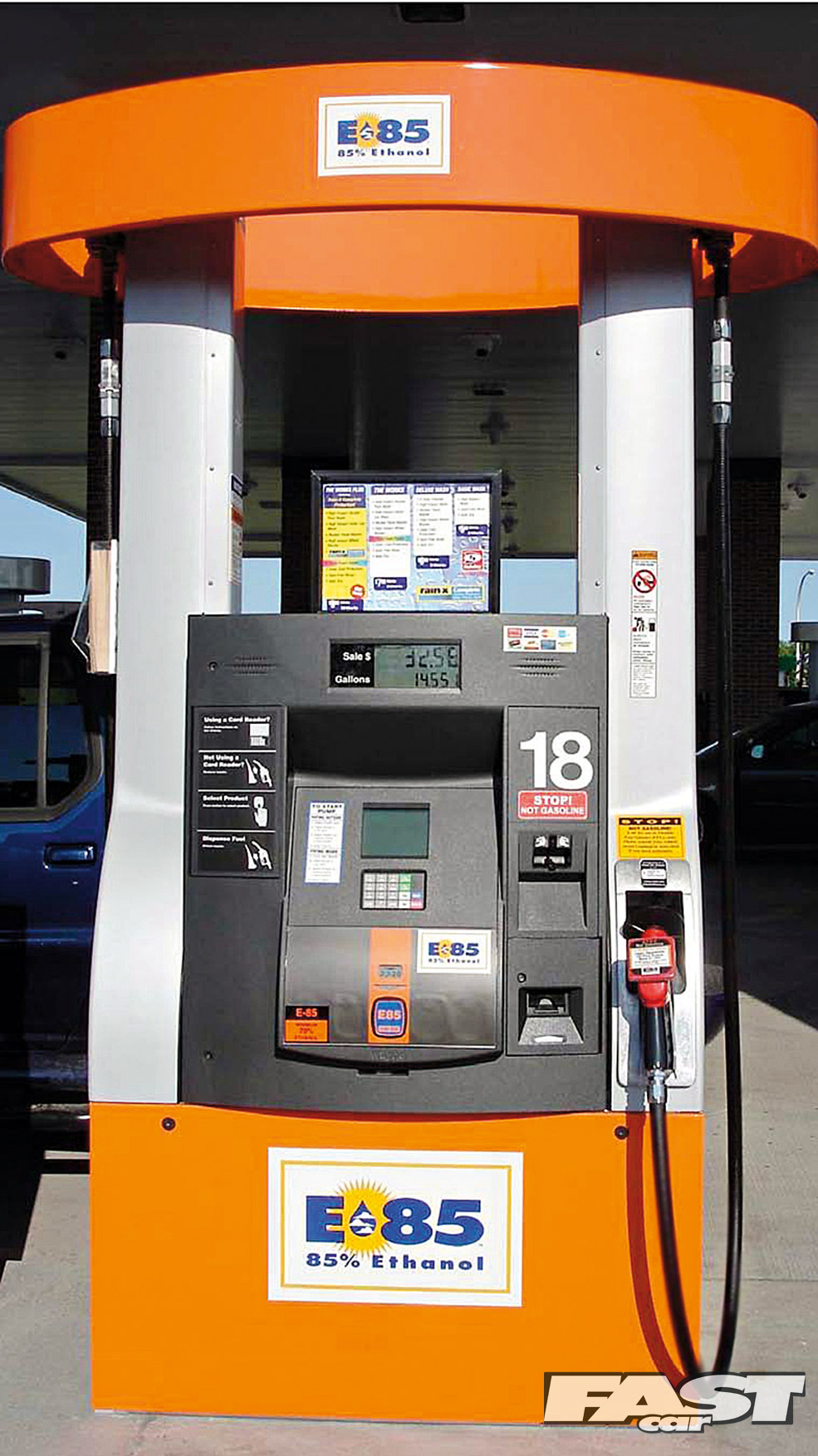
What is E85?
The term E85 refers to a specific type of bioethanol fuel type that’s made up of 85% ethanol and 15% petrol, and contains an octane rating of around 105RON. Bioethanol is produced from biomass, most commonly via fermenting sugar and is therefore carbon neutral.
E85 is a fuel designed for flexible-fuel vehicles and is used largely in the States, and although it’s scarce in the UK it’s a useful high-octane alternative to race fuels and is much cheaper, and better for the environment. Around 30-40% more E85 is required than regular petrol as it produces less energy when burnt, so a fuel system often needs designing from scratch when using E85.
The other consideration is that E85 is corrosive due to the high ethanol content, and a fuel system typically needs to be upgraded to suit the use of E85. It also suffers from water absorption when left over time, so certain consideration needs to be taken into account if you plan to use E85. It used to be available at certain Morrison’s forecourts in the UK, but has since been removed – it’s now available in large drums and as such is more restricted to dedicated trackday-goers seeking that extra level of performance.
What are fuel boosters?
Fuel boosters are widely available, and are a common additive used by owners seeking extra performance. Available in bottles of typically 250ml or 500ml in volume, they’re generally marketed as an easy way to boost the octane rating of your fuel. Assuming you’re already filling your car with premium petrol such as Shell V-Power, then the use of an octane booster could see you raise the RON to over the 100 mark.
However, do your research – as with most things, there are good and bad products on the market. Some promise and never achieve, whereas other boosters are genuinely good products that will add performance. One thing to bear in mind is that at around £15 a bottle, which typically will treat one tank, it can quite quickly add up to being an expensive addiction if you rely on it.
Likewise, cetane boosters are widely available for diesel, but these are more useful for increasing cold-start capabilities or as a lubrication additive than offering outright performance. If you have a very high-speed diesel engine then the benefits of a cetane booster may be clearer, but for your average diesel engine, you won’t see the benefits like you might experience using a booster with a tuned petrol engine.
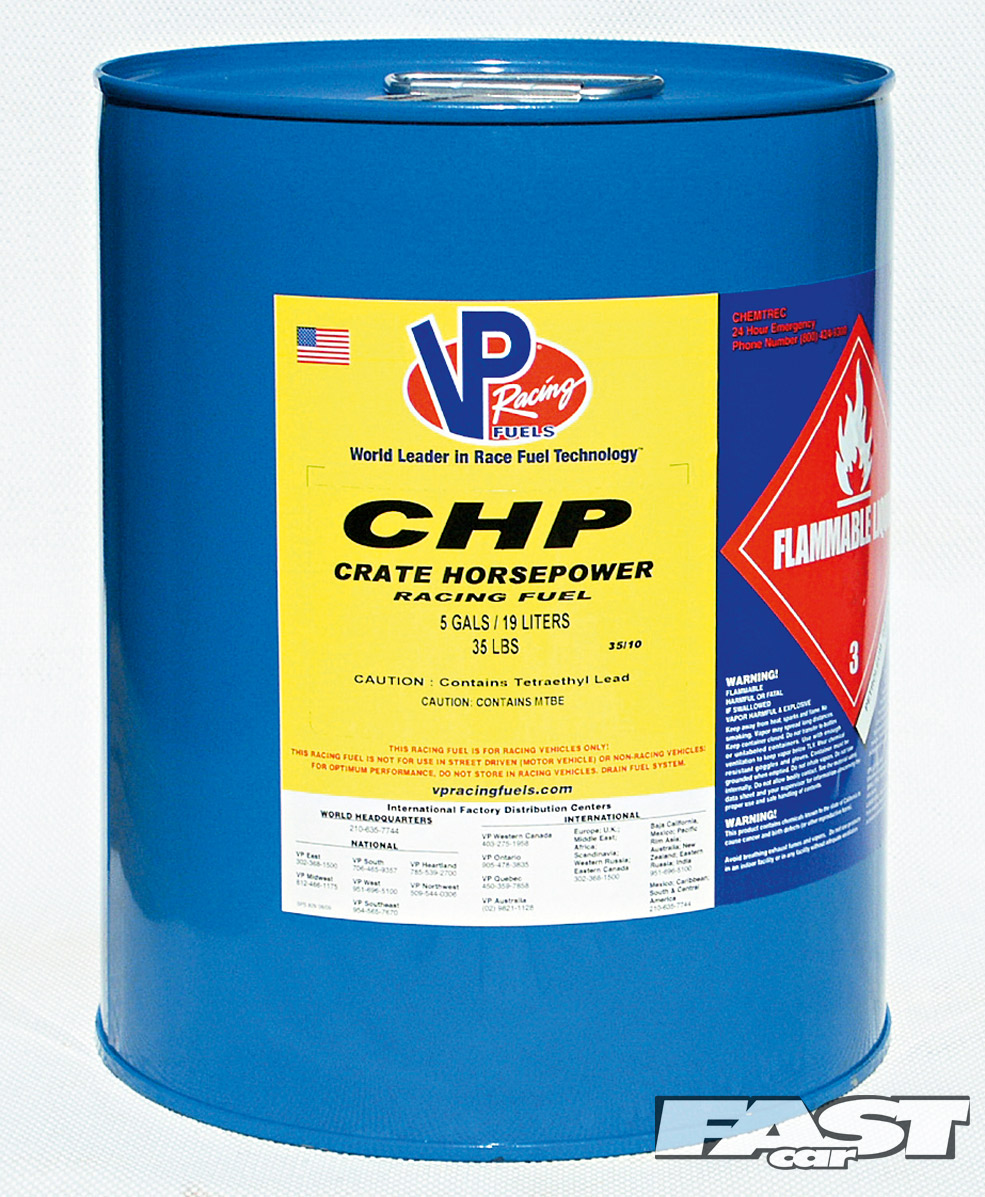
What is race fuel?
When pump fuels don’t offer enough octane content, the use of high performance ‘race’ fuel can be considered. The term race fuel refers to any form of fuel used in motorsport, but typically in the tuning industry it’s used to describe petrol-based fuels offering anything from 100RON to 120+RON. Supplied from specialist companies in drums, race fuels are ideal in mega-boost turbocharged applications or high-compression NA engines, where regular fuel would have long since led to detonation and most likely, a dead engine.
To do it properly, the compression ratio should be specified during the engine build stage depending on the fuel to be used, but for most street and occasional track cars, it’s more common for the car to be mapped for pump fuel with a separate map for race fuel as an afterthought. Race fuels are expensive, with one of the popular 120+RON offerings costing £150 plus for a mere 19ltr drum!
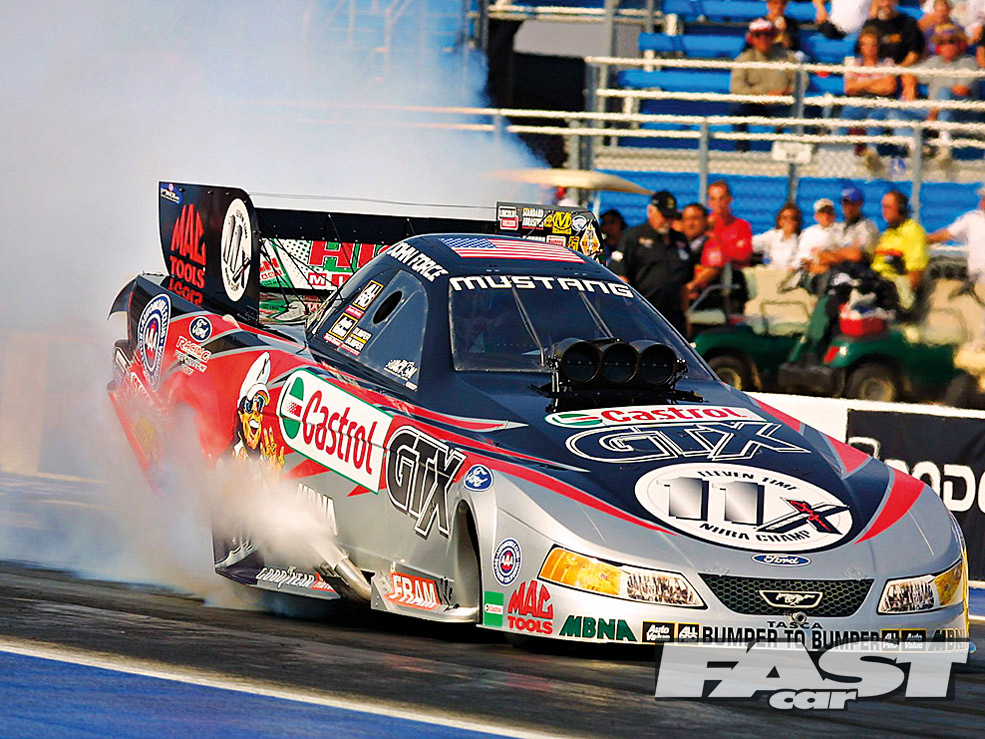
What is methanol?
Methanol is a clear burning, highly flammable liquid that is commonly used as an additive to petrol in performance engines. It’s also the sole fuel for alcohol dragsters, and various other forms of overseas racing including tractor pulling and monster truck racing. It’s typically used in quantities of 10-20% of the total fuel volume in road and performance cars, and by doing so increases the RON value and improves the detonation threshold in the process.
In a turbocharged car for example, the use of methanol means that more boost can be used safely before the risk of detonation occurs. A downside to methanol is that it’s corrosive, particularly to aluminium. Bear this in mind when you’re fitting a new fuel system, although in mild quantities, the use of methanol shouldn’t pose a problem.

